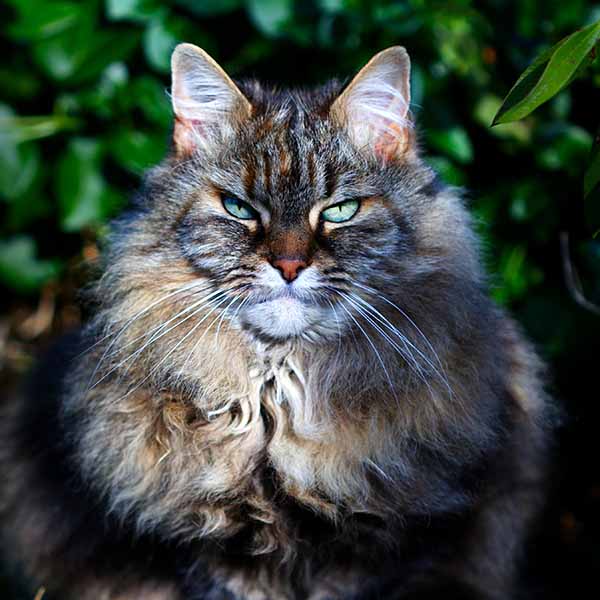Cat Health
Adult Cats
3-6 years (28-40 humans years)
Adult cats are wise, know what they want and are happy to manipulate their human in any way possible.
They may not play as much as in their younger years but still require enrichment and regular veterinary check ups.
Veterinary care required and how often to get it
Health check and physical exam – every 6-12months
Weight checks – can be done at health checks or more regularly if on a weight program
Vaccination – every 1-3 years based on individual needs.
Worming – every 3-12 months based on individual needs
Flea and tick control – monthly, or less often depending on product used
Blood pressure check – not necessary unless indicated for health reasons
Urine test – not necessary unless indicated for health reasons.
Blood test – not necessary unless indicated or undergoing an anaesthetic.
*These recommendations may vary between vets; these suggestions are based on our desire to keep your cats safe and happy!

Keeping your adult cat happy
Your adult cat has probably got their own routine by now. They like to do certain things at the same time each day or frequent the same tree in the yard or lay in the same sun spot in the front room.
Cats love consistency in their routine and any change can cause stress in even the most chill of felines – this includes something as simple to us as moving a pot plant to a different part of the house. Stress caused by upsets in routine can lead to unwanted behaviours. If you find this happening or want to prevent stress in your feline friend in times of change, please chat to one of our vets or nurses for advice.
Keeping them safe.
Coming back to outdoor access, the same rules apply as for our junior cats; let them have enclosed outside access if it can be done safely. Adding a microchip cat flap may be advantageous so your cat can have access when they feel like it and prevents unwanted cats coming into the house. Remember to not allow your cat time outside between dusk and dawn – this is prime hunting time and we love our wildlife too!
If your cat wears a collar, make sure it has a safety release. For any indoor cats, please no lilies – ever. Keep household cleaners and essential oils hidden away and human food, craft supplies and medications out of reach.
Feed a good quality diet and monitor their weight!
As mentioned before cats are obligate carnivores and need animal protein in their diets, aim to feed your adult cat a diet high in animal protein and low in carbohydrates, reading food labels can be confusing so if you want some more advice chat to one of our vets or nurses about the right diet for your furry friend!
At this age, adult cats can start to slow down so we need to watch their weight! Regular weight checks are a great way to keep on top of any extra weight creeping on. Obesity can lead to diabetes and exacerbate other diseases such as osteoarthritis.
Keeping them entertained.
Although cats like to nap – a lot, they still need enrichment and ways to display normal cat behaviour. Having a tall, sturdy cat scratching post is a great way to start, along with other things such as maze feeders, indoor cat grass and catnip. Having a choice of toys and rotating them occasionally can also aid in keeping your adult cat happy.
